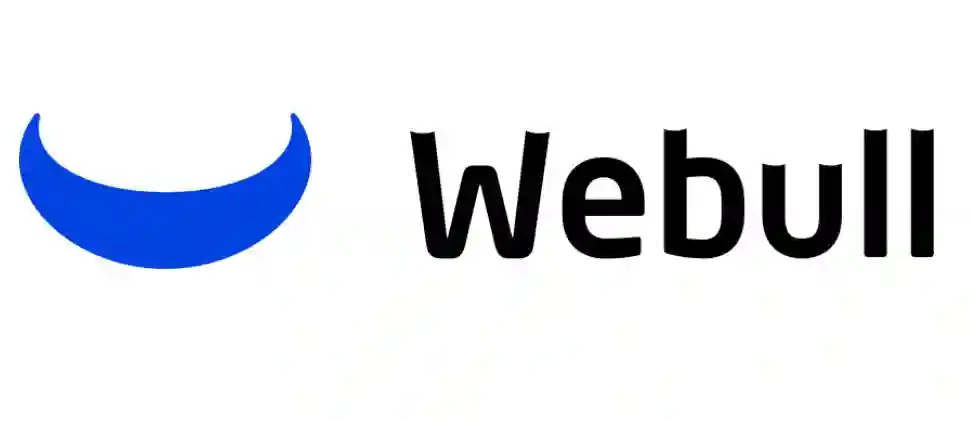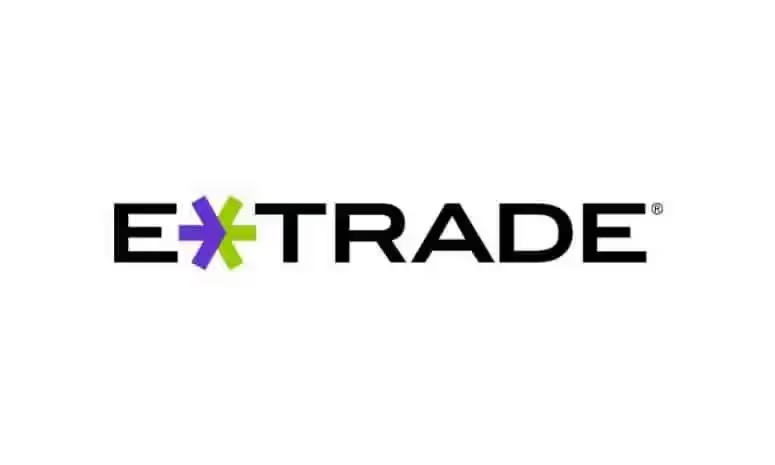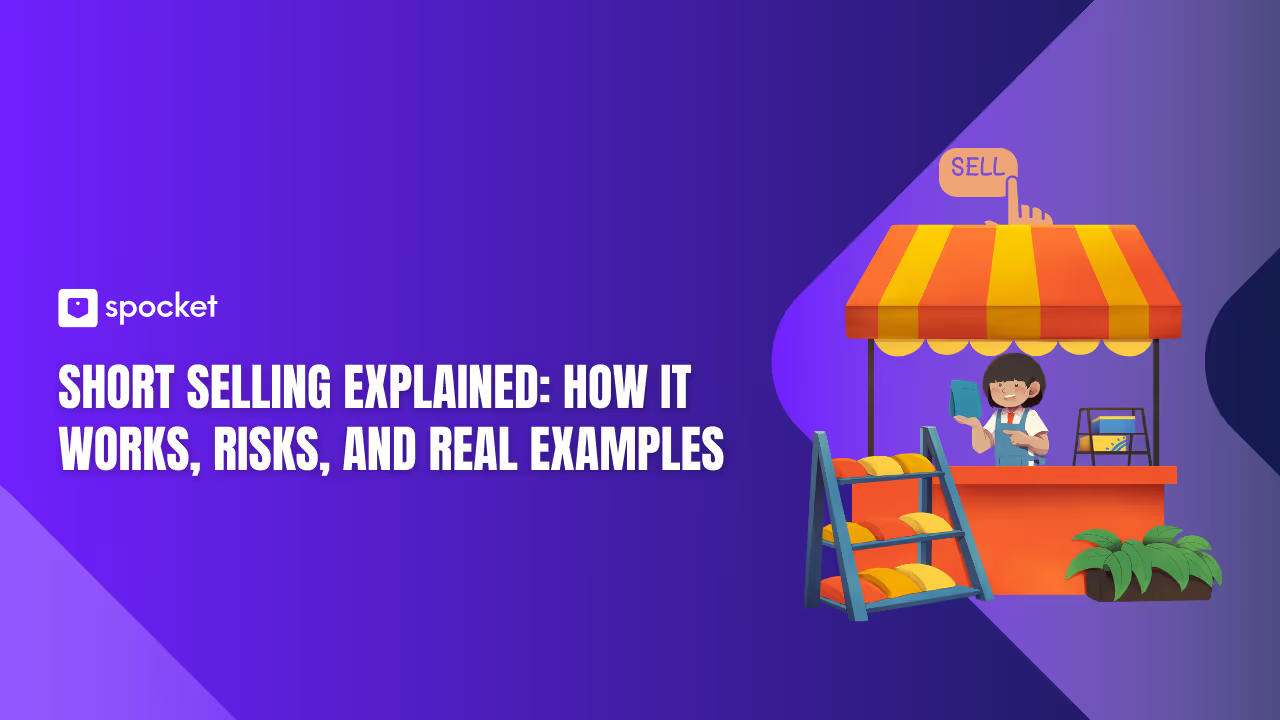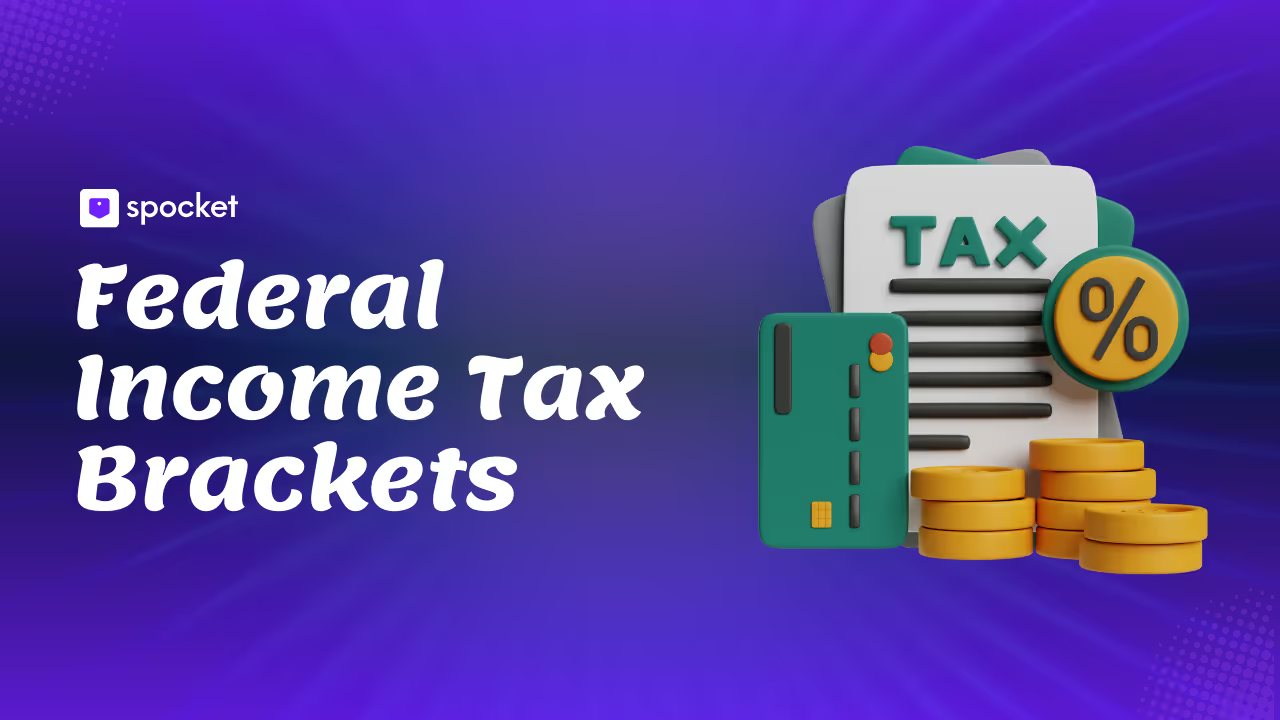Top Robinhood Alternatives
Explore the top Robinhood alternatives with better tools, lower fees, and broader investment options. Find the best platform to match your trading style today.


Looking for the best Robinhood alternatives to match your investing style? You’re not alone. Robinhood made waves with commission-free trades and a sleek mobile app, but it isn’t perfect for everyone. Maybe you’ve outgrown its limited research tools, want deeper crypto options, or need retirement accounts with better tax advantages.
The good news is today’s market is packed with platforms that go beyond Robinhood’s original playbook. From powerhouse brokers like Fidelity and TD Ameritrade to tech-driven apps such as Webull and Public, there’s a solution for every type of investor—whether you’re a casual saver, an active day trader, or a crypto enthusiast.
This guide takes you through the smartest Robinhood alternatives available now, highlighting their key strengths, fees, and unique perks. By the end, you’ll know exactly which platform can help you trade confidently, grow your portfolio, and reach your financial goals without compromise.
What Is Robinhood?
Before exploring the best Robinhood alternatives, it’s important to understand what makes Robinhood stand out. Knowing how it works and what’s new helps you see where it excels—and where it might fall short for your goals.
Robinhood at a Glance
Robinhood started in 2013 with a bold idea: investing should be free and effortless. By removing trading commissions and focusing on a clean mobile experience, it invited millions of first-time investors into the stock market. Today, you can trade stocks, ETFs, options, and cryptocurrencies with just a few taps.
What began as a simple app has grown into a full-featured platform. Robinhood now supports cash management tools, margin trading, and fractional shares, making it easy to start small and scale up as your portfolio grows.
Robinhood Is Best For
Robinhood shines for investors who value simplicity and speed. If you want to buy and sell stocks quickly from your phone without digging through complex research reports, it fits the bill. It’s also attractive to those seeking commission-free trading and the ability to invest tiny amounts through fractional shares.
Casual traders, mobile-first users, and people just starting their investment journey find its straightforward interface appealing. However, advanced traders or long-term retirement investors may need more specialized features.
What’s New in 2025: IRAs with Match, Legend Desktop, Futures, and Social Features
Robinhood isn’t standing still. In 2025, it introduced tax-advantaged IRAs with a 1% match on contributions, expanding its reach into retirement planning. The new Legend desktop platform now gives active traders richer charts and multi-monitor flexibility.
The launch of futures trading and fresh social features—like sharing trades with friends—shows Robinhood wants to keep seasoned investors engaged while staying fun and accessible. These updates make it more competitive, but also highlight why comparing it with other platforms is now more important than ever.
Why Are Investors Looking for Robinhood Alternatives?
Even with its fresh 2025 updates, Robinhood isn’t the perfect fit for every investor. Understanding the reasons people explore other platforms helps you decide whether to stay or switch. Below are key factors driving users to seek different options.
Reliability, Outages, and Restricted Trading
Robinhood has faced criticism for sudden outages during high-volume trading days. When markets move fast, even a brief platform freeze can mean missed opportunities or unexpected losses.
Events like the GameStop surge highlighted another concern—temporary restrictions on certain stocks. For active traders, these issues raise doubts about whether the platform can consistently support fast, uninterrupted trading.
PFOF vs No-PFOF Order Execution
Payment for Order Flow (PFOF) is how Robinhood makes money by routing trades to specific market makers. While it keeps trades commission-free, critics argue it can affect how orders are filled and the prices investors get.
Some alternatives, like Public, reject PFOF to provide greater transparency and potentially better trade execution. For investors who prioritize price fairness and open routing, this difference matters.
Limits for Certain Investor Types
Robinhood’s straightforward design can feel limiting as portfolios grow. Serious investors often look for richer research tools, broader asset classes like bonds or mutual funds, or access to global markets.
International users also face hurdles, since Robinhood remains U.S.-focused. Even with new IRAs and futures trading, investors seeking full-service planning or international diversification may need a more robust platform.
What to Look for in a Robinhood Alternative
If you’re considering a move, knowing what to evaluate in a new platform is essential. The right broker should match your investing style, goals, and the level of control you want over your trades. Here’s what matters most when comparing Robinhood alternatives.
1. Fees and Commissions
Low costs are non-negotiable for most investors. Robinhood made commission-free trading standard, but some brokers still charge small fees on certain trades, options contracts, or account transfers.
Before switching, check for hidden charges like inactivity fees or ACAT transfer costs. A platform with transparent pricing ensures more of your money stays invested and working for you.
2. Range of Investment Options
The best alternative should give you room to grow. Look for access to a wide range of assets—stocks, ETFs, options, futures, mutual funds, bonds, and even crypto if that’s part of your plan.
A platform with diverse investment products lets you build a balanced portfolio and explore opportunities beyond basic stock trading.
3. Platform Experience and Tools
A smooth, responsive interface can make or break your trading experience. Whether you trade daily or invest occasionally, the app and desktop platform should be intuitive and fast.
Advanced traders may want powerful charting, screeners, or paper-trading features, while beginners might value guided portfolios or clean dashboards that simplify decision-making.
4. Customer Support and Education
Good support is critical when markets move fast or questions arise. Top brokers offer 24/7 help via chat, phone, or email, plus robust educational content.
From step-by-step tutorials to live webinars, strong learning resources help new investors build confidence and experienced traders sharpen their strategies.
5. Security and Regulation
Finally, trust is key. Ensure any broker you choose is regulated by major authorities like the SEC or FINRA and provides strong safeguards such as two-factor authentication and SIPC insurance.
With cyber threats on the rise, a platform’s commitment to protecting your money and data is just as important as low fees or advanced tools.
Top Apps Like Robinhood (Editor’s Picks for 2025)
Now that you know what to look for, let’s explore the best Robinhood alternatives available today. Each of these platforms brings its own strengths, from low-cost trading to advanced analytics or broader investment options. Below are our top picks for different investing styles and goals.
1. Fidelity – Best for Beginners and Retirement Planning

Fidelity is a trusted name with a full-service approach. It offers commission-free trading on stocks, ETFs, and options, along with tax-advantaged accounts like IRAs and HSAs.
Its research tools and educational resources are excellent, making it ideal for beginners and long-term investors. Strong customer service and thousands of no-fee mutual funds add to its appeal.
2. Webull – Best for Active Traders with Advanced Tools

Webull combines sleek design with powerful trading features. It supports commission-free stocks, ETFs, options, and even crypto, making it a solid upgrade for active traders.
Advanced charting, technical indicators, and paper trading provide flexibility for testing strategies. While it may feel complex for beginners, it’s perfect for those who want pro-level analytics without high costs.
3. Interactive Brokers – Best for Global Market Access

If you want to trade almost anything, anywhere, Interactive Brokers is hard to beat. It offers access to over 150 markets worldwide, with low commissions and some of the best margin rates available.
From stocks and options to futures, forex, and crypto, its product range is unmatched. The platform’s depth does mean a steeper learning curve, but active and international traders will find it rewarding.
4. E*TRADE – Best for Options and Research

E*TRADE provides a balance of strong research tools and competitive pricing. It offers commission-free trading for stocks, ETFs, and mutual funds, with low per-contract fees for options.
Its Power E*TRADE platform is great for strategy builders and technical traders. With 24/7 support and comprehensive education, it suits both active traders and long-term investors.
5. Charles Schwab – Best All-Around Full-Service Broker
Charles Schwab combines low costs with an impressive set of services. You’ll find commission-free trading, excellent research, fractional shares, and powerful trading tools like StreetSmart Edge.
It also provides IRAs, robo-advisory services, and strong customer support, making it ideal for anyone seeking a one-stop investment platform that can scale as their needs grow.
6. Public – Best for Social Investing and No-PFOF Trading
Public stands out with its social features and transparency. You can follow other investors, share insights, and learn from the community. Unlike Robinhood, Public does not use payment for order flow, aiming for fairer trade execution.
It offers stocks, ETFs, and select cryptocurrencies, plus fractional shares to start small. Public is great for those who value openness and a collaborative investing environment.
7. SoFi Invest – Best for Automated and Goal-Based Investing
SoFi Invest appeals to investors who like simplicity and goal-oriented tools. It combines commission-free trading with automated investing and free financial planning.
Its user-friendly interface and extra perks, like career coaching and member events, make it attractive to beginners and busy professionals looking for a clean, all-in-one financial app.
8. Moomoo – Best for Powerful Charts at Zero Commissions
Moomoo is gaining traction with traders who want professional-grade charting and in-depth market data at no extra cost. It offers commission-free trading for stocks and ETFs, plus advanced analytics ideal for active investors.
Paper trading and extended-hours trading add flexibility, while its competitive margin rates appeal to those who trade frequently.
9. Acorns – Best for Automatic, Set-and-Forget Investing

Acorns focuses on helping people save and invest effortlessly. It rounds up spare change from daily purchases and invests it into diversified ETF portfolios.
This hands-off approach is perfect for beginners or anyone who struggles to save consistently. For families, Acorns also offers dedicated investment accounts for kids.
10. Crypto.com – Best for Crypto-Heavy Investors

Crypto.com is ideal for those who prioritize digital assets. It supports trading of over 250 cryptocurrencies, staking rewards, and a crypto debit card to spend your holdings.
Its user-friendly app and NFT marketplace add extra appeal for crypto enthusiasts. However, it lacks traditional stock or ETF trading, making it best for those focused on digital currencies.
Comparison Tables (2025)
Choosing among the best Robinhood alternatives can feel overwhelming when each platform shines in different areas. A side-by-side comparison helps you see the key differences at a glance. The tables below highlight fees, investment products, margin rates, and platform features to simplify your decision.
These numbers show how much your trades could cost day to day. Investors focused on options trading should pay close attention to per-contract fees, while long-term investors may value low or zero account fees.
Asset Coverage and Market Access
This breakdown makes it easier to find a broker that matches your growth goals. For example, Interactive Brokers is ideal for global trading, while Crypto.com is the clear leader for cryptocurrency enthusiasts.
Platform and Tools
These details help you match a platform to your trading habits. Active traders may prefer Webull, Moomoo, or Interactive Brokers for their advanced analytics and paper-trading features. Long-term investors might lean toward Fidelity or Schwab for robo-advisory and in-depth research.
Bottom Line
Finding the right Robinhood alternative depends on what you want from your investing journey. Some platforms, like Fidelity or Charles Schwab, shine for long-term planning and retirement accounts. Others, like Webull or Interactive Brokers, cater to active traders who need advanced tools and global market access.
If simplicity and automation appeal to you, Acorns or SoFi Invest may fit better, while crypto-focused investors might gravitate toward Crypto.com. Each option has unique strengths, so the best choice comes down to matching its features with your financial goals.
Take time to weigh fees, product range, and the kind of support you expect. A thoughtful decision now can save money, reduce stress, and open up more opportunities in the years ahead. With the right platform, you’ll have the tools and confidence to grow your portfolio and invest on your own terms.
FAQs about Robinhood Alternatives
What are the best Robinhood alternatives?
The best Robinhood alternatives include apps like Fidelity, Webull, E*TRADE, TD Ameritrade, and Crypto.com. These platforms offer low or no commissions, wider investment options, strong security, and better customer support. Depending on your needs—whether you want advanced tools, crypto trading, or beginner-friendly features—these apps provide solid choices beyond Robinhood.
Who is Robinhood's biggest competitor?
Robinhood’s biggest competitors are Webull and Fidelity. Webull attracts active traders with advanced features and no commissions, while Fidelity appeals to beginners and long-term investors with excellent education and retirement options. Both offer strong alternatives to Robinhood’s commission-free trading model.
What is the alternative to Robinhood in India?
In India, popular alternatives to Robinhood include apps like Zerodha, Groww, and Upstox. These platforms offer easy-to-use interfaces, low brokerage fees, and access to Indian stock markets. For crypto trading, apps like WazirX and CoinDCX serve as top options.
Is Webull or Robinhood better?
It depends on your trading style. Webull offers more advanced tools, extended trading hours, and better research, making it ideal for active traders. Robinhood shines with simplicity and ease of use, perfect for beginners. Both are commission-free, but Webull provides a richer trading experience overall.
Which apps offer crypto trading besides Robinhood?
Popular crypto trading apps beyond Robinhood include Crypto.com, Coinbase, Binance, Gemini, and Kraken. These platforms provide a wider selection of cryptocurrencies, competitive fees, and advanced features tailored to crypto investors. Many also offer integrated wallets and educational resources.
Launch your dropshipping business now!
Start free trialRelated blogs

Short Selling Explained: How It Works, Risks, and Real Examples
Learn what short selling is, how short selling works, real stock examples, risks, and how to short a stock step by step—explained simply.

Best Place to Sell Gold for Maximum Value
Looking for the best place to sell gold? Compare online buyers, jewelers, pawn shops, and dealers to get maximum value for gold jewelry, coins, and bars.

Federal Income Tax Brackets
Learn how federal income tax brackets work, current rates, standard deductions, and examples to calculate your federal income tax correctly.

































